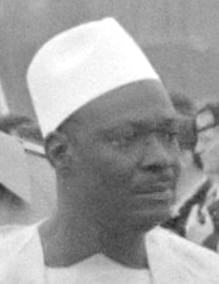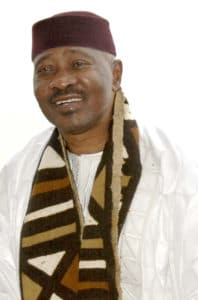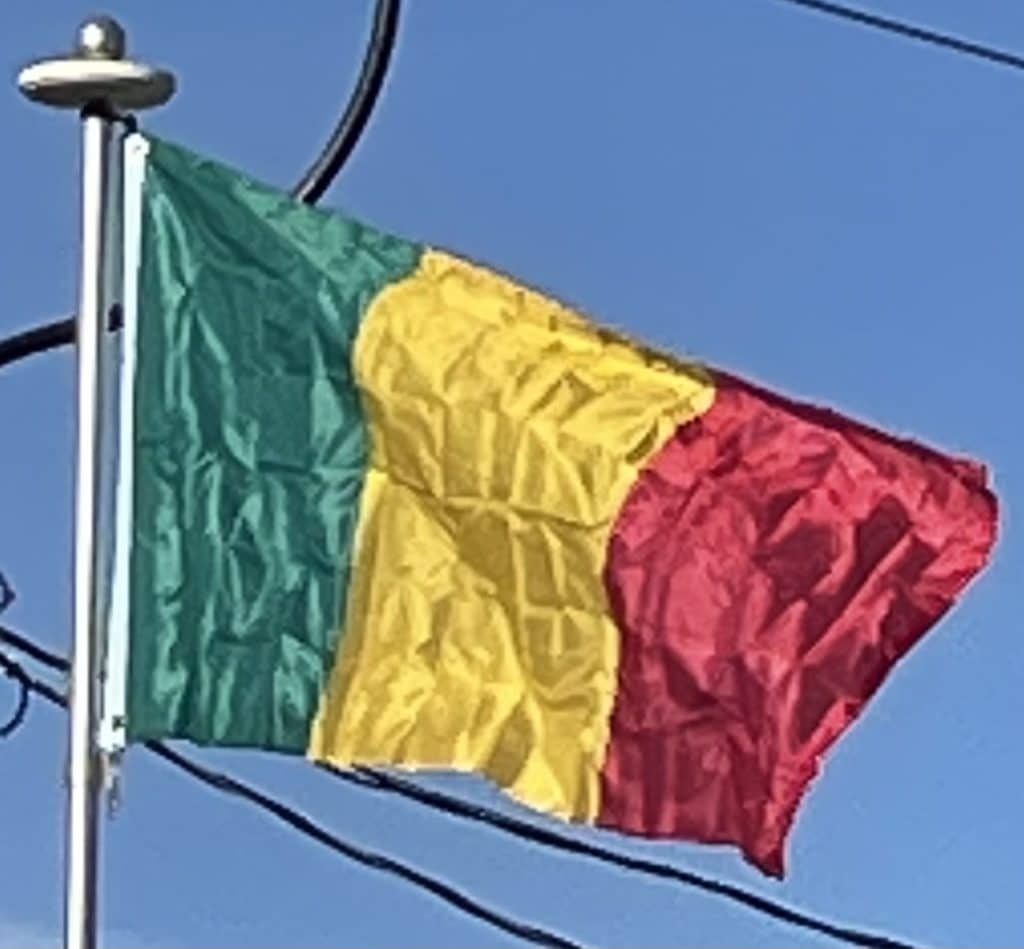
The government continued to attempt economic reforms, and the populace became increasingly dissatisfied. In response to growing demands for multi-party democracy, the Traoré regime allowed some limited political liberalization. They refused to usher in a full-fledged democratic system. In 1990, cohesive opposition movements began to emerge, and was complicated by the turbulent rise of ethnic violence in the north following the return of many Tuaregs to Mali.
Anti-government protests in 1991 led to a coup, a transitional government, and a new constitution. Opposition to the corrupt and dictatorial regime of General Moussa Traoré grew during the 1980s. During this time strict programs, imposed to satisfy demands of the International Monetary Fund, brought increased hardship upon the country’s population, while elites close to the government supposedly lived in growing wealth. Peaceful student protests in January 1991 were brutally suppressed, with mass arrests and torture of leaders and participants. Scattered acts of rioting and vandalism of public buildings followed, but most actions by the dissidents remained nonviolent.
March Revolution:
From 22 March through 26 March 1991, mass pro-democracy rallies and a nationwide strike was held in both urban and rural communities, which became known as les évenements (“the events”) or the March Revolution. In Bamako, in response to mass demonstrations organized by university students and later joined by trade unionists and others, soldiers opened fire indiscriminately on the nonviolent demonstrators. Riots broke out briefly following the shootings. Barricades as well as roadblocks were erected and Traoré declared a state of emergency and imposed a nightly curfew. Despite an estimated loss of 300 lives over the course of four days, nonviolent protesters continued to return to Bamako each day demanding the resignation of the dictatorial president and the implementation of democratic policies.
26 March 1991 is the day that marks the clash between military soldiers and peaceful demonstrating students which climaxed in the massacre of dozens under the orders of then President Moussa Traoré. He and three associates were later tried and convicted and received the death sentence for their part in the decision-making of that day. Nowadays, the day is a national holiday in order to remember the tragic events and the people that were killed. The coup is remembered as Mali’s March Revolution of 1991.

By 26 March, the growing refusal of soldiers to fire into the largely nonviolent protesting crowds turned into a full-scale tumult, and resulted in thousands of soldiers putting down their arms and joining the pro-democracy movement. That afternoon, Lieutenant Colonel Amadou Toumani Touré announced on the radio that he had arrested the dictatorial president, Moussa Traoré. As a consequence, opposition parties were legalized and a national congress of civil and political groups met to draft a new democratic constitution to be approved by a national referendum.
Amadou Toumani Touré Presidency:
In 1992, Alpha Oumar Konaré won Mali’s first democratic, multi-party presidential election, before being re-elected for a second term in 1997, which was the last allowed under the constitution. In 2002 Amadou Toumani Touré, a retired general who had been the leader of the military aspect of the 1991 democratic uprising, was elected. During this democratic period Mali was regarded as one of the most politically and socially stable countries in Africa.
